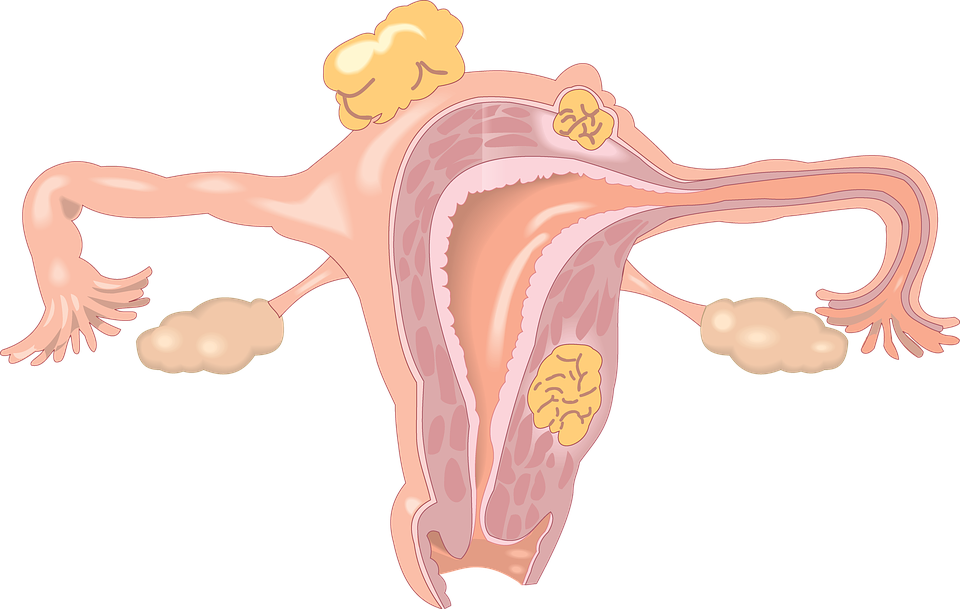The most common symptom of womb cancer is abnormal bleeding from the vagina, although most people with abnormal bleeding don’t have cancer.
Bleeding may start as light bleeding accompanied by a watery discharge, which may get heavier over time. Most women diagnosed with womb cancer have been through the menopause, so any vaginal bleeding will be unusual.
In women who haven’t been through the menopause, unusual vaginal bleeding may consist of:
periods that are heavier than usual
vaginal bleeding in between normal periods
Less common symptoms include pain in the lower abdomen (tummy) and pain during sex.
If womb cancer reaches a more advanced stage, it may cause additional symptoms. These include:
pain in the back, legs, or pelvis
loss of appetite
tiredness
nausea
When to seek medical advice
If you have postmenopausal vaginal bleeding, or notice a change in the normal pattern of your period, visit your GP.
Only 1 in 10 cases of unusual vaginal bleeding after the menopause are caused by womb cancer, so it’s unlikely your symptoms will be caused by this condition.
However, if you have unusual vaginal bleeding, it’s important to get the cause of your symptoms investigated. The bleeding may be the result of a number of other potentially serious health conditions, such as:
endometriosis – where tissue that behaves like the lining of the womb is found on the outside of the womb
fibroids – non-cancerous growths that can develop inside the uterus
polyps in the womb lining
Other types of gynaecological cancer can also cause unusual vaginal bleeding, particularly cervical cancer.


